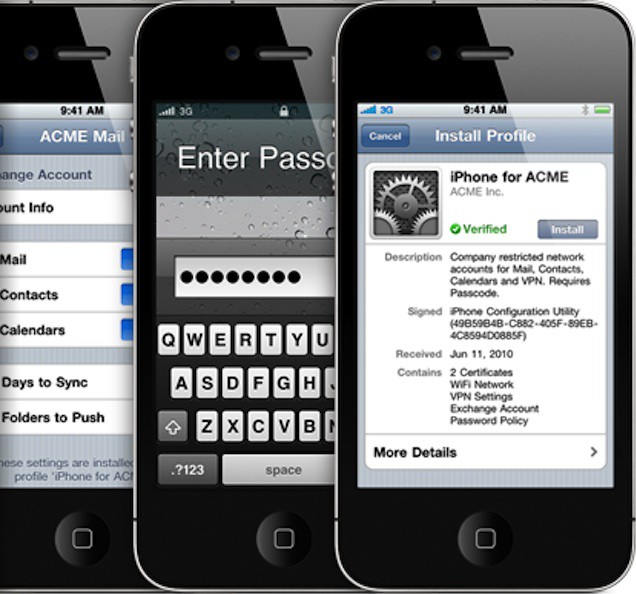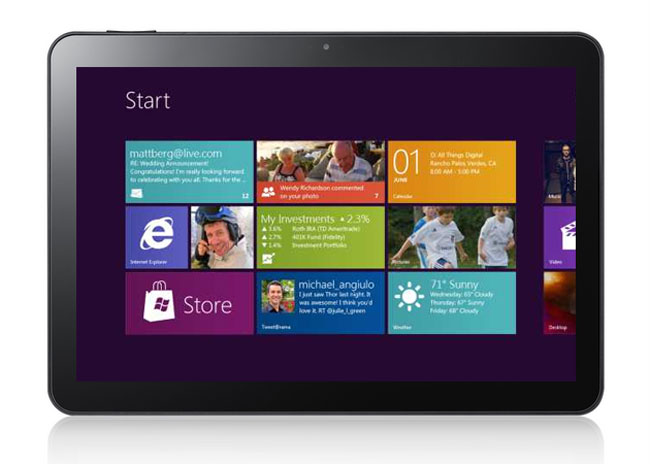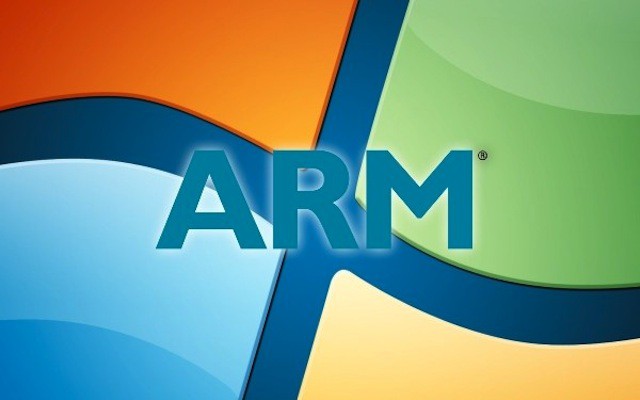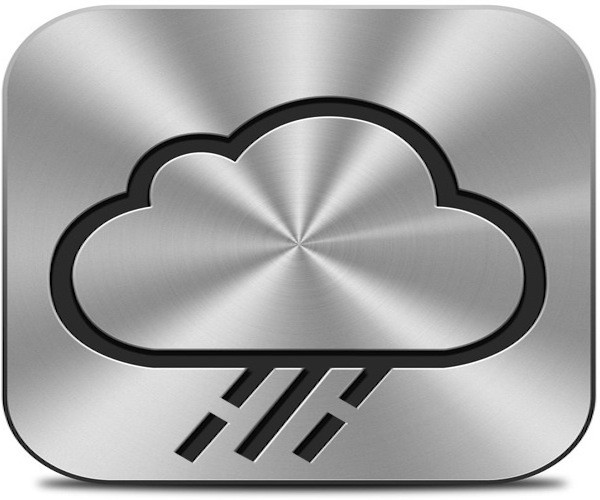Screens is one of many VNC apps available for the iPad and iPhone. Screens 2.0, which was released today, takes the concept of remote controlling a Mac or PC to another level. The update offers some very nifty features to the two year old app including integration with iCloud Siri, and AirPlay.
Screens isn’t one of the cheapest VNC solutions for iOS – it has a price tag of $19.99. The software backs up its somewhat steep cost by delivering a great user experience.
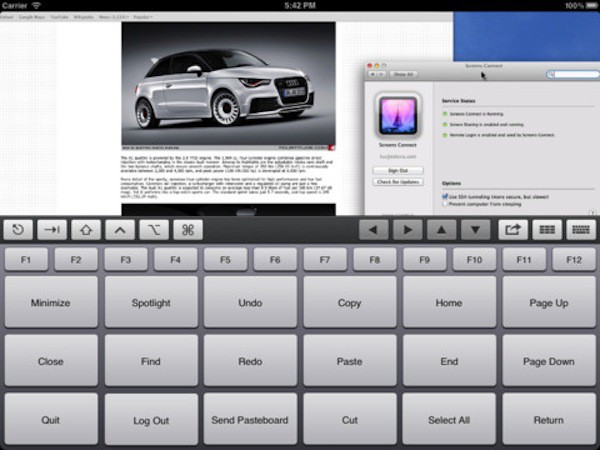


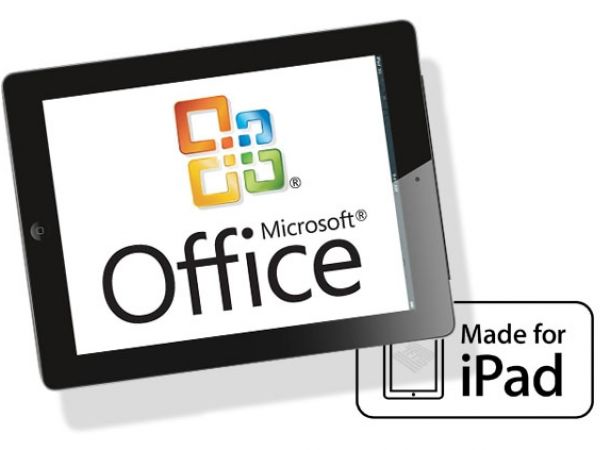

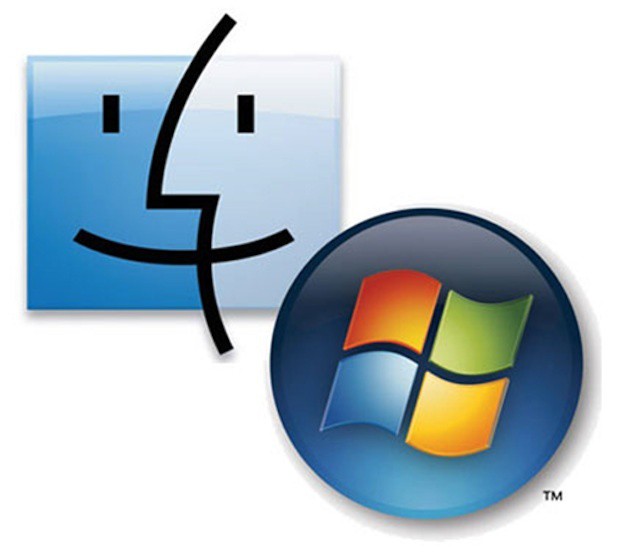
![OS X Mountain Lion’s GateKeeper: Bad For Businesses, Great For Consumers [Opinion] gatekeeper.jpg](https://www.cultofmac.com/wp-content/uploads/2012/02/gatekeeper.jpg)
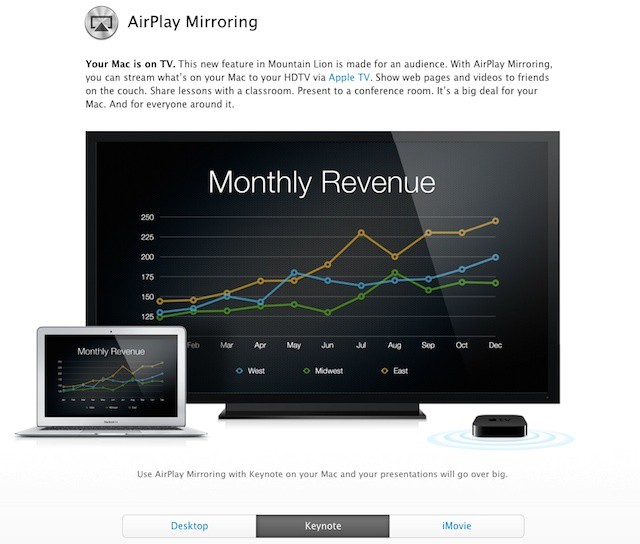
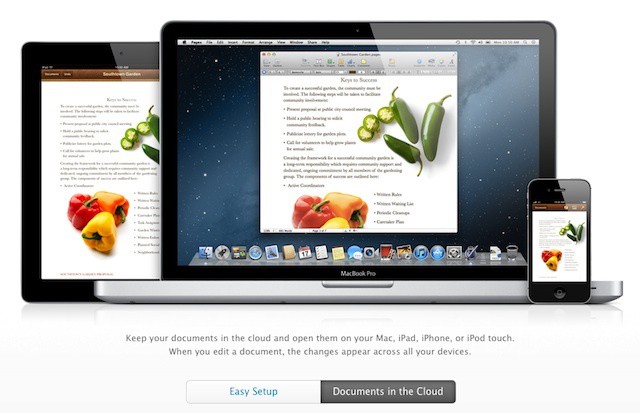
![Centrify Makes iOS Management Easy For Windows IT Pros And Does It For Free [Feature] Centrify offers DirectControl for Mobile and DirectControl for Mac](https://www.cultofmac.com/wp-content/uploads/2012/02/CentrifyLogoVerticalColorwithWhiteBackgroundHighRes1133x746.jpg)
![IPad Killing Printer Use, Paper Sales [Survey] cult_logo_featured_image_missing_default1920x1080](https://www.cultofmac.com/wp-content/uploads/2022/04/cult_logo_featured_image_missing_default1920x1080.png)
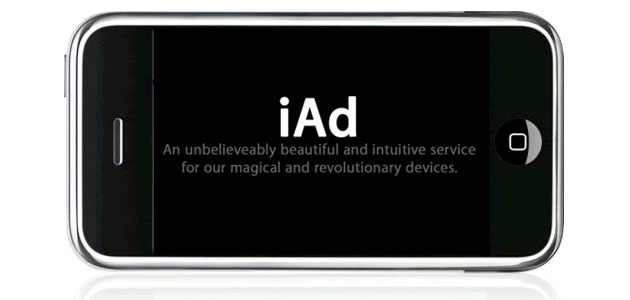
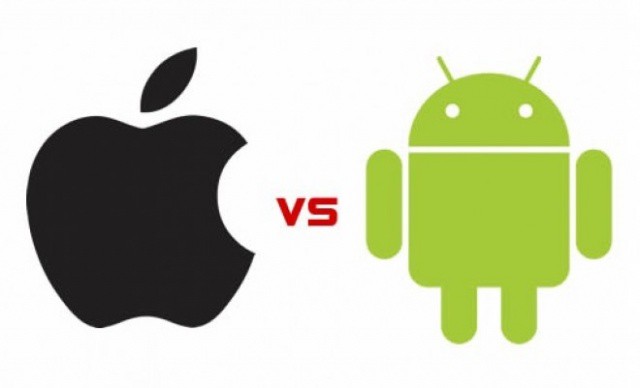



![BYOD Challenge: How IT Can Keep User-Owned iPhones And iPads Secure In Enterprise [Feature] Not everyone is ready to jump on the BYOD bandwagon](https://www.cultofmac.com/wp-content/uploads/2012/02/byod-tshirt1.jpg)
